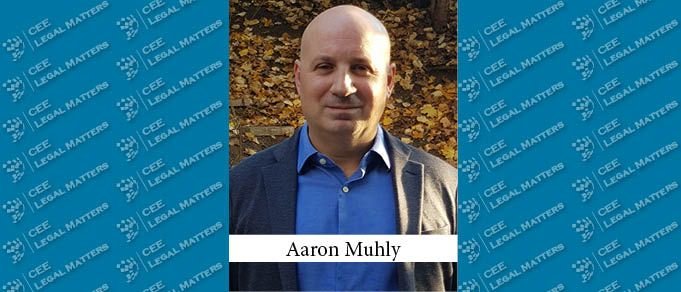When drafting an obligation in a contract, which of the following is the preferred format of your office?:
Sidebar
Navigation

 CEE Legal Matters
In-depth coverage of the news and newsmakers that shape Europe's emerging markets
CEE Legal Matters
In-depth coverage of the news and newsmakers that shape Europe's emerging markets
01
Tue, Jul
109
New Articles















